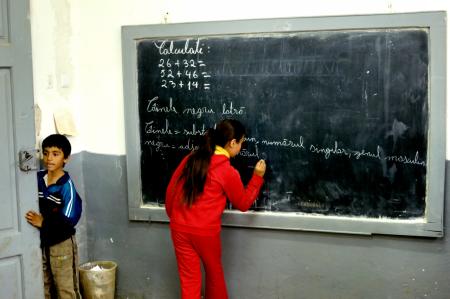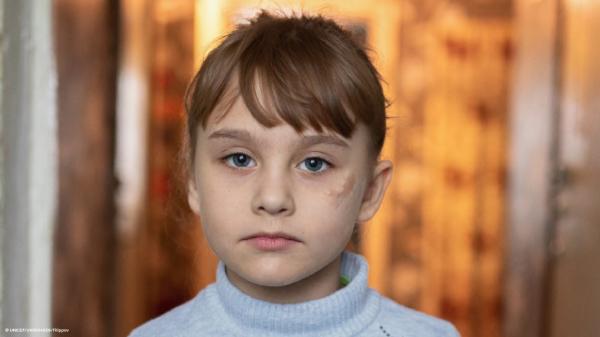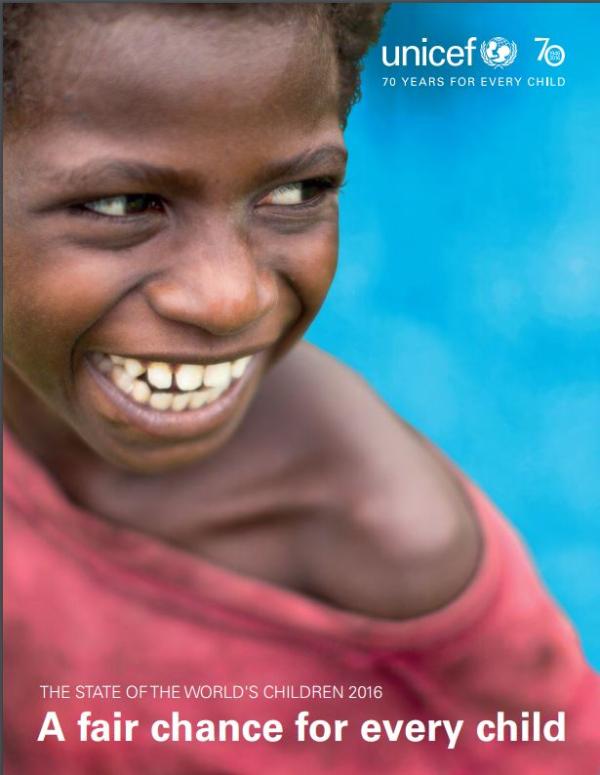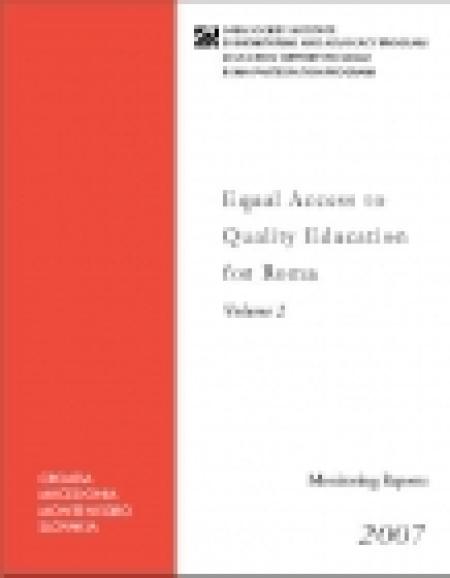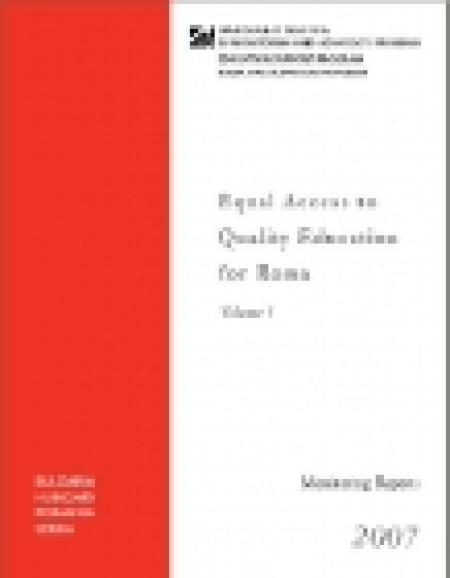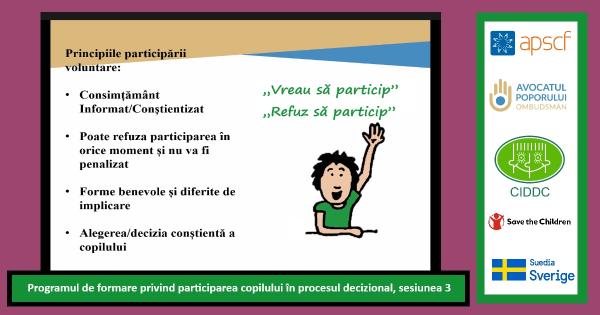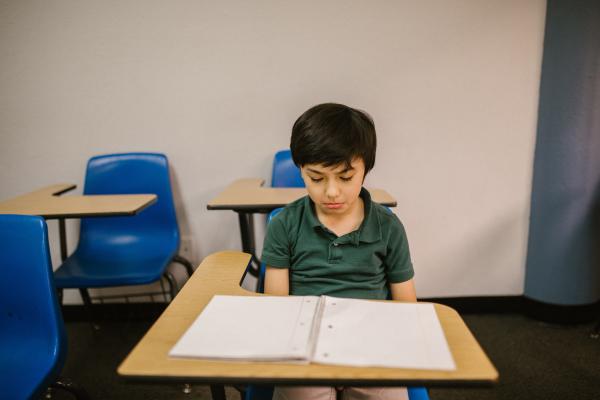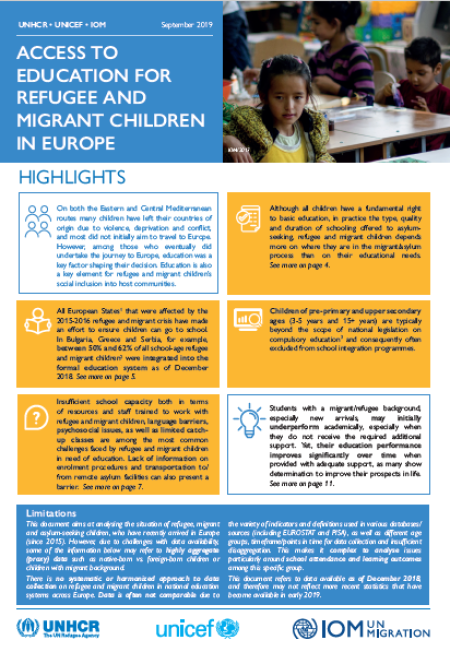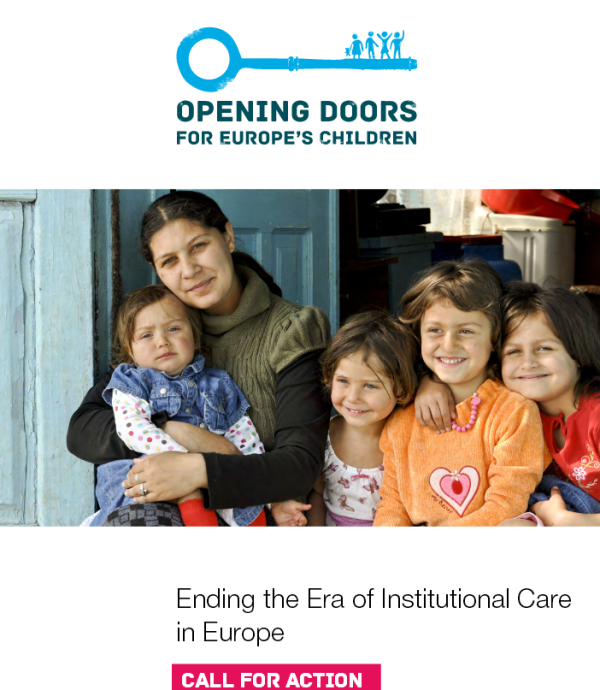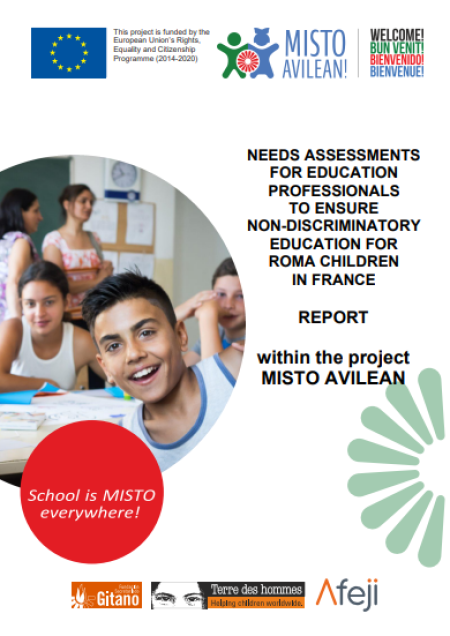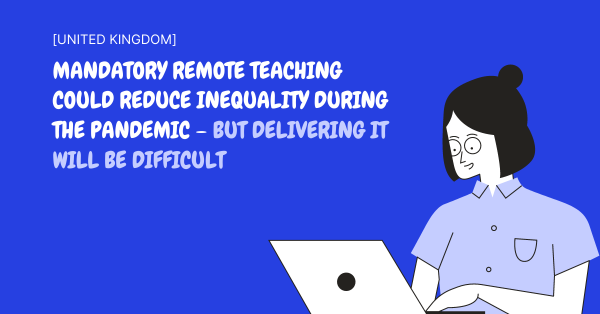
The pandemic has exacerbated existing inequalities, further impacting children living in poverty or exclusion, and putting huge pressure on key services for children, including education, health and social welfare services. Tackling inequalities and ensuring access to education for Europe’s children in need is key during the pandemic, and most importantly via post-pandemic recovery mechanisms.
As part of our new campaign #CanWeBelieveInYou, developed with children and for children, Eurochild and its partners from the Including Children Affected by Migration (ICAM) Programme will bring together children, policymakers, school leaders, civil society organisations, and practitioners. The discussion will focus on placing greater emphasis on the socio-emotional well-being and inclusion of children and ensuring equal access to education through recovery mechanisms.
We know that prioritising socio-emotional well-being can positively impact on children’s ability to learn at school, including children in need. Our work with ICAM is focused on ensuring every child’s right to an education, as set out in the United Nations Convention on the Rights of the Child, is realised.
To that end, the webinar will:
- Give space to Eurochild’s Children’s Council to share their experiences and views on education.
- Examine how the pandemic has negatively impacted the education of children in need.
- Showcase how the work of ICAM Programme aims to bridge the educational, digital, and the social divide.
It will be delivered in two sessions:
- SESSION 1 (14.30-15.40) will be focused on practitioners’ experience and will explore the needs and solutions to restore access to education for children disproportionately affected by the pandemic.
- SESSION 2 (16.00-17.00) will examine how the EU can strengthen children’s inclusion and socio-emotional well-being in education.
Participants will be welcome to attend one, or both sessions. Eurochild will provide technical support and coordination for this webinar, including managing an interactive Q&A function and sharing relevant resources with attendees.
Target audience Attendees will be drawn from practitioners working in education and supporting children in need, policymakers at EU/international, national and local level, civil society, and children themselves.


